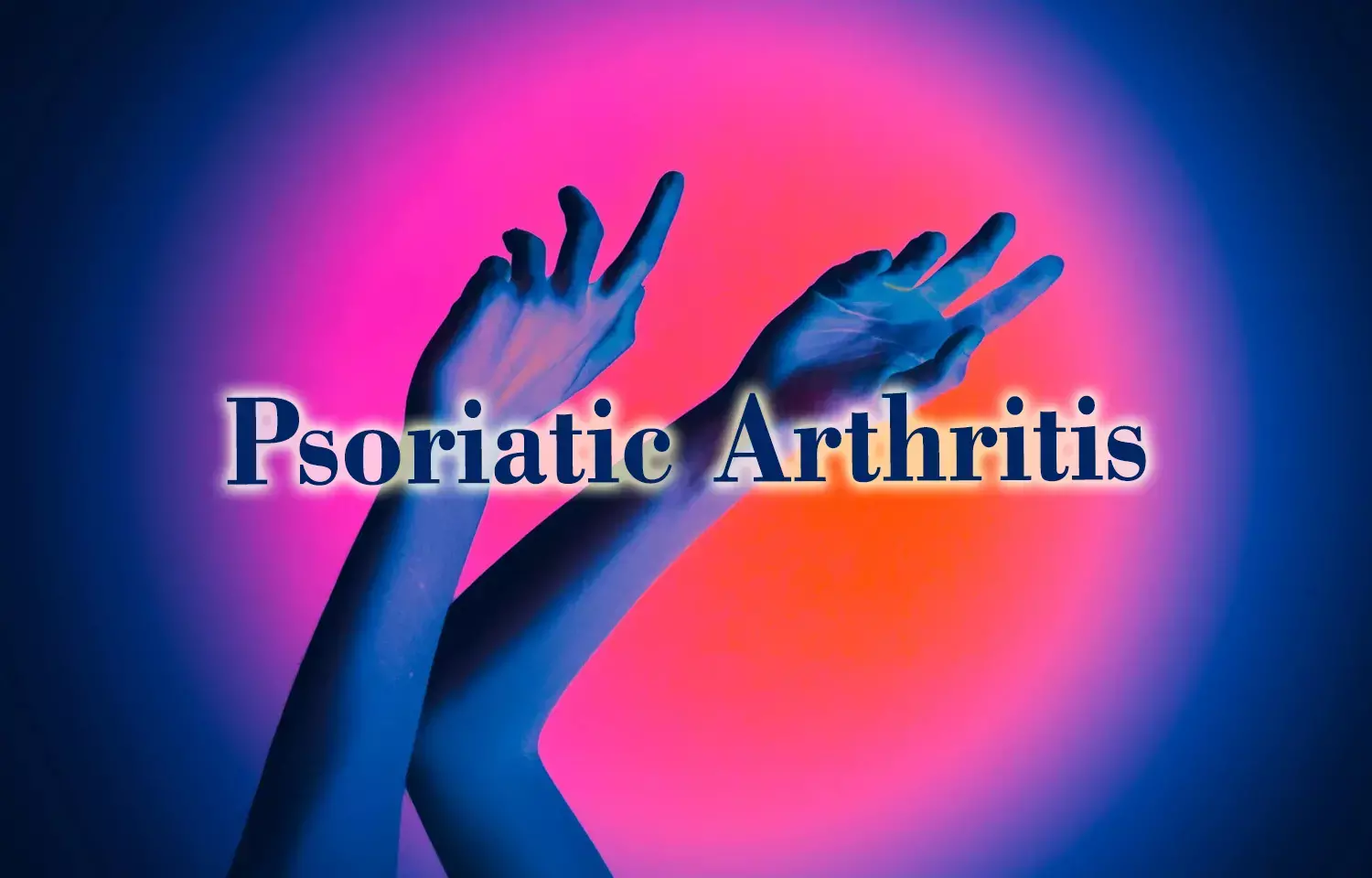- Home
- Medical news & Guidelines
- Anesthesiology
- Cardiology and CTVS
- Critical Care
- Dentistry
- Dermatology
- Diabetes and Endocrinology
- ENT
- Gastroenterology
- Medicine
- Nephrology
- Neurology
- Obstretics-Gynaecology
- Oncology
- Ophthalmology
- Orthopaedics
- Pediatrics-Neonatology
- Psychiatry
- Pulmonology
- Radiology
- Surgery
- Urology
- Laboratory Medicine
- Diet
- Nursing
- Paramedical
- Physiotherapy
- Health news
- Fact Check
- Bone Health Fact Check
- Brain Health Fact Check
- Cancer Related Fact Check
- Child Care Fact Check
- Dental and oral health fact check
- Diabetes and metabolic health fact check
- Diet and Nutrition Fact Check
- Eye and ENT Care Fact Check
- Fitness fact check
- Gut health fact check
- Heart health fact check
- Kidney health fact check
- Medical education fact check
- Men's health fact check
- Respiratory fact check
- Skin and hair care fact check
- Vaccine and Immunization fact check
- Women's health fact check
- AYUSH
- State News
- Andaman and Nicobar Islands
- Andhra Pradesh
- Arunachal Pradesh
- Assam
- Bihar
- Chandigarh
- Chattisgarh
- Dadra and Nagar Haveli
- Daman and Diu
- Delhi
- Goa
- Gujarat
- Haryana
- Himachal Pradesh
- Jammu & Kashmir
- Jharkhand
- Karnataka
- Kerala
- Ladakh
- Lakshadweep
- Madhya Pradesh
- Maharashtra
- Manipur
- Meghalaya
- Mizoram
- Nagaland
- Odisha
- Puducherry
- Punjab
- Rajasthan
- Sikkim
- Tamil Nadu
- Telangana
- Tripura
- Uttar Pradesh
- Uttrakhand
- West Bengal
- Medical Education
- Industry
Upadacitinib found effective for psoriatic arthritis patients, Finds Study

According to recent research, it has been found out that patients with active PsA who had inadequate response or intolerance to at least one biologic DMARD, upadacitinib found effective than placebo in improving signs and symptoms of PsA.
The study is published in the Annals of the Rheumatic Diseases.
Upadacitinib is a Janus kinase inhibitor under evaluation for the treatment of psoriatic arthritis (PsA). Therefore, Philip J Mease and colleagues from the Department of Rheumatology, Swedish Medical Center, Seattle, Washington, USA conducted the present study to evaluate the upadacitinib in patients with PsA and prior inadequate response or intolerance to at least one biologic disease-modifying antirheumatic drug (DMARD). In this 24-week randomised, placebo-controlled, double-blind, phase 3 trial, 642 patients were randomised (2:2:1:1) to once per day upadacitinib 15 mg or 30 mg, placebo followed by upadacitinib 15 mg or placebo followed by upadacitinib 30 mg at week 24. The primary endpoint was the proportion of patients achieving American College of Rheumatology (ACR) 20 response at week 12. Achievement of minimal disease activity (MDA) was assessed at week 24. Treatment-emergent adverse events are reported for all patients who received at least one dose of trial drug. The following findings were highlighted- a. At week 12, significantly more patients receiving upadacitinib 15 mg and 30 mg versus placebo achieved ACR20 (56.9% and 63.8% vs 24.1%; p<0.001 for both comparisons). b. At week 24, MDA was achieved by more upadacitinib 15 mg-treated (25.1%) and 30 mg-treated patients (28.9%) versus placebo (2.8%; p<0.001 for both comparisons). c. Generally, the rates of treatment-emergent adverse events were similar with placebo and upadacitinib 15 mg and higher with upadacitinib 30 mg at week 24. d. Rates of serious infections were 0.5%, 0.5% and 2.8% with placebo, upadacitinib 15 mg and upadacitinib 30 mg, respectively.Hence, the authors concluded that "In this trial of patients with active PsA who had inadequate response or intolerance to at least one biologic DMARD, upadacitinib 15 mg and 30 mg was more effective than placebo over 24 weeks in improving signs and symptoms of PsA."
Dr. Nandita Mohan is a practicing pediatric dentist with more than 5 years of clinical work experience. Along with this, she is equally interested in keeping herself up to date about the latest developments in the field of medicine and dentistry which is the driving force for her to be in association with Medical Dialogues. She also has her name attached with many publications; both national and international. She has pursued her BDS from Rajiv Gandhi University of Health Sciences, Bangalore and later went to enter her dream specialty (MDS) in the Department of Pedodontics and Preventive Dentistry from Pt. B.D. Sharma University of Health Sciences. Through all the years of experience, her core interest in learning something new has never stopped. She can be contacted at editorial@medicaldialogues.in. Contact no. 011-43720751
Dr Kamal Kant Kohli-MBBS, DTCD- a chest specialist with more than 30 years of practice and a flair for writing clinical articles, Dr Kamal Kant Kohli joined Medical Dialogues as a Chief Editor of Medical News. Besides writing articles, as an editor, he proofreads and verifies all the medical content published on Medical Dialogues including those coming from journals, studies,medical conferences,guidelines etc. Email: drkohli@medicaldialogues.in. Contact no. 011-43720751


